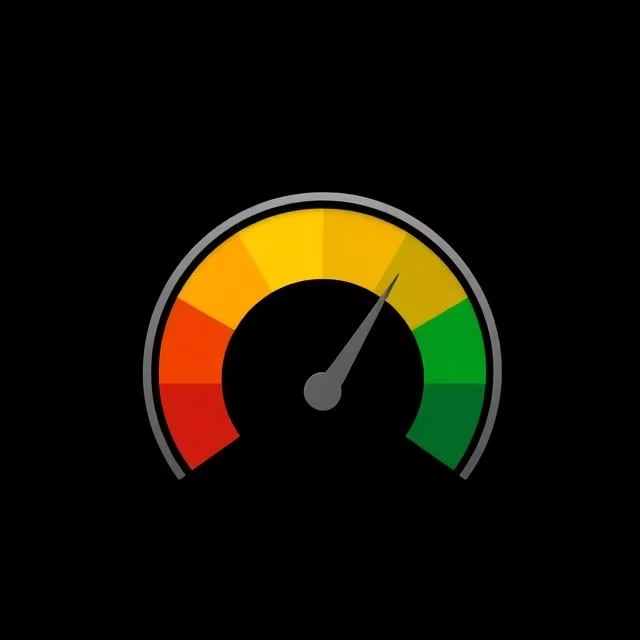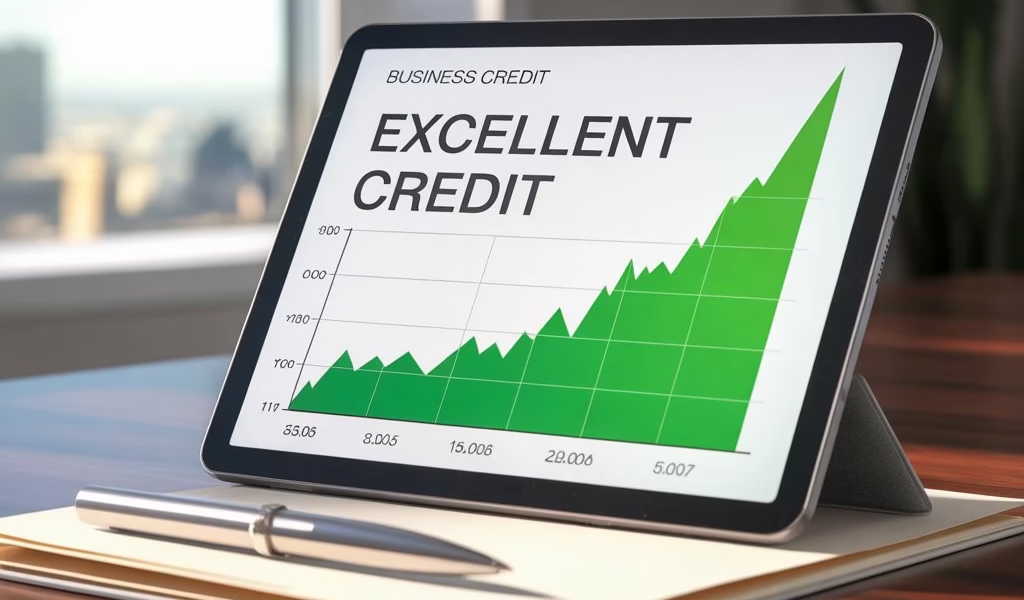Why Your Business Credit Score Matters More Than You Think for Growth and Opportunities
Why Your Business Credit Score Matters More Than You Think
Have you ever wondered how pivotal your business credit score actually is? While personal credit scores often take center stage in conversations around finance, business credit scores hold a significant slice of the financial pie that many entrepreneurs overlook. This score is more than just a number; it is a reflection of your business’s creditworthiness and could be the key to unlocking opportunities you may not have imagined. In this article, we will delve deep into why your business credit score is crucial to your enterprise’s success and sustainability.
Understanding the Basics of Business Credit Scores

Before diving into why this score matters, it’s essential to grasp what it is. A business credit score is a number that illustrates the creditworthiness of your business. Lenders, suppliers, and even potential business partners use it to assess whether they want to engage with your business financially. Typically ranging from 0 to 100, with scores above 75 being desirable, this score evaluates your previous credit activity, financial transactions, and other factors that demonstrate your business’s comfort in managing financial obligations.
| Credit Score Range | Creditworthiness | Implication |
|---|---|---|
| 0-49 | Poor | High risk for lenders |
| 50-74 | Fair | Moderate risk, potential for limited financing |
| 75-89 | Good | Considered reliable, better finance options |
| 90-100 | Excellent | Low risk, optimal finance opportunities |
Impacts on Loan Approval and Financing
A strong business credit score is indispensable when seeking loans and financing. Financial institutions scrutinize your credit score to judge the risk involved in lending to your business. A higher score can lead to better loan terms and lower interest rates, directly impacting your cash flow and, ultimately, your bottom line. On the contrary, a lower score may restrict your access to funding, which could limit your growth and expansion opportunities.
“A good business credit score doesn’t just open doors; it keeps them open.” – Financial Expert
Influence on Supplier and Vendor Relationships

Suppliers often check your credit score to decide credit terms, which could affect your inventory and very ability to operate. An excellent business credit score could provide you with favorable payment terms, which may not be as generous with a lower score. Imagine having more extended payment periods or even lower prices due to the trustworthiness conveyed by your credit score.
Facilitating Business Growth and Expansion
For businesses eyeing growth and expansion, a robust credit score can be an enabler. Not only does it secure better financing terms, but it also builds confidence among stakeholders. Consider the score as a trust signal; a high score might signal opportunity for expansion, attracting investors and potential business partnerships interested in robust and reliable ventures.
Enhancing Business Reputation
A good business credit score serves as a testament to your business’s trustworthiness and financial health. Stakeholders, from investors to clients, view this score as a reflection of operational diligence. Therefore, maintaining a high score could enhance your business’s reputation, creating a positive feedback loop where business credibility leads to more opportunities.
Assessing Risk and Preparing for Future Challenges
Understanding your business credit score allows you to assess financial risks and prepare for potential downturns. A score trending downwards could indicate issues in financial management, prompting proactive measures to strengthen fiscal practices. Moreover, by consistently monitoring your score, you can identify discrepancies or inaccuracies that might impact your creditworthiness.
Securing Better Insurance Premiums
Even the insurance world is reactive to business credit scores. Insurers often use these scores to determine risk and, consequently, your premium rate. A higher score may lead to lower premiums, providing cost savings that could be reinvested into the business. Thus, indirectly, your credit score impacts operational costs by potentially lowering essential expenses like insurance.
Negotiating Better Rates and Terms

Your business credit score can become a potent bargaining chip during negotiations. Whether striking deals with suppliers or discussing terms with lenders, a robust credit score could give you the leverage needed to negotiate effectively. Business terms favorable to cash flow and operation efficiency become more accessible with a high credit score.
Bullet Points on Improving Your Business Credit Score
1- Regularly review your business credit report for inaccuracies.
2- Pay your bills on time to establish a reliable payment history.
3- Keep credit utilization low to demonstrate financial responsibility.
4- Establish a line of credit early, using it wisely to build a positive track record.
Understanding the Long-term Benefits
Focusing on maintaining and improving your business credit score offers long-term benefits that transcend immediate financial gains. As your business’s credibility strengthens in the eyes of stakeholders, not only does the financial standing improve, but also its ability for innovation and strategic expansions. A high credit score suggests your business is both adaptive and resilient in a competitive marketplace.
FAQ – Common Questions
How often should I check my business credit score?
It’s recommended to check your business credit score at least quarterly to ensure accurate information and timely address any changes.
Does my personal credit score affect my business credit score?
While they are separate entities, lenders may review your personal credit score when evaluating your business’s creditworthiness, especially for small businesses.
Can a new business have a business credit score?
Yes, new businesses can start building a credit score by establishing a credit line and responsibly managing financial obligations.
How can I dispute an error on my business credit report?
Contact the credit bureau that issued the report, provide documentation and information supporting your claim, and request a correction.
Do all businesses have a credit score?
Not necessarily. Businesses with limited financial activity or those that have not established credit lines might not have a credit score yet.
Conclusion
Your business credit score is an integral part of your enterprise’s infrastructure that deserves as much attention as your profit margins and growth strategies. By understanding its impact—from financing and partnerships to risk management and reputation—businesses can leverage their credit score for long-term success. Building and maintaining a strong credit score is not a one-off task but a continuous effort that pays dividends in opportunities and reputation enhancement.





